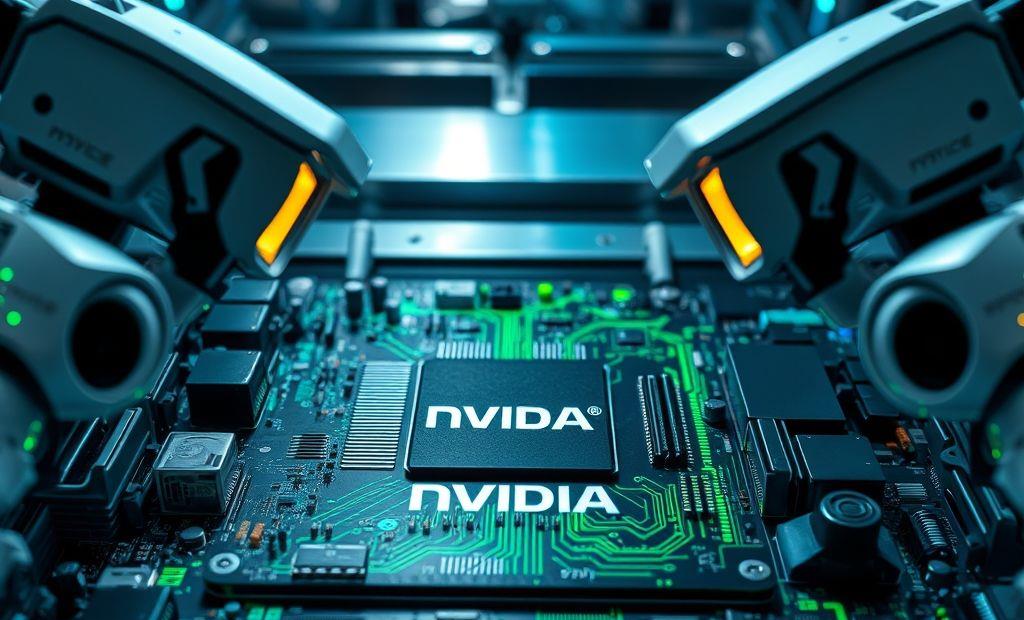AI Chip Smuggling: Arrests Made, Nvidia Declines ‘Kill Switch’

AI Chip Smuggling Operation Busted: Two Arrested Authorities have arrested two individuals for allegedly smuggling AI chips to China, raising concerns about technology export controls....
⏱️ Estimated reading time: 2 min
Latest News
AI Chip Smuggling Operation Busted: Two Arrested
Authorities have arrested two individuals for allegedly smuggling AI chips to China, raising concerns about technology export controls. This incident highlights the ongoing tensions surrounding the trade of advanced technology and its potential implications for national security. While investigations continue, the focus shifts to the role of companies like Nvidia and their ability to prevent misuse of their products.
Nvidia’s Stance on ‘Kill Switches’
Following the arrests, questions arose regarding the possibility of implementing remote “kill switches” on AI chips to disable them if they end up in unauthorized hands. However, Nvidia has stated they will not be implementing kill switches. The company cited concerns about the potential for malicious actors to exploit such a feature, rendering legitimate chips unusable. This decision sparks debate about the responsibility of technology manufacturers in controlling the end-use of their products.
Details of the Smuggling Operation
The specifics of the smuggling operation remain under investigation. Law enforcement agencies are working to uncover the methods used to circumvent export regulations and the intended recipients of the AI chips. These chips, often used in machine learning and artificial intelligence applications, hold significant value and are subject to strict export controls to prevent their use in activities that could threaten national security.
The Implications for AI Development
This incident shines a light on the challenges of regulating the global trade of advanced technologies. As AI continues to develop, governments worldwide are grappling with how to balance fostering innovation with preventing the misuse of powerful AI capabilities. The case underscores the need for international cooperation and robust enforcement mechanisms to prevent the illicit transfer of sensitive technologies.
The Wider Context of Tech Export Controls
The US government has implemented increasingly strict export controls in recent years, aimed at limiting China’s access to advanced technologies with military applications. These controls affect various sectors, including semiconductors, AI, and telecommunications. The arrests underscore the government’s commitment to enforcing these regulations and preventing the circumvention of export restrictions.
Related Posts
Bluesky Enhances Moderation for Transparency, Better Tracking
Bluesky Updates Moderation Policies for Enhanced Transparency Bluesky, the decentralized social network aiming to compete...
December 11, 2025

Google Maps: Gemini Tips, EV Charger Predictions & More!
Google Maps Gets Smarter: Gemini Tips & EV Updates Google Maps is enhancing user experience...
December 9, 2025

US, UK, Australia Sanction Russian Web Host
Crackdown on Russian ‘Bulletproof’ Web Host The United States, United Kingdom, and Australia have jointly...
December 6, 2025











Leave a Reply